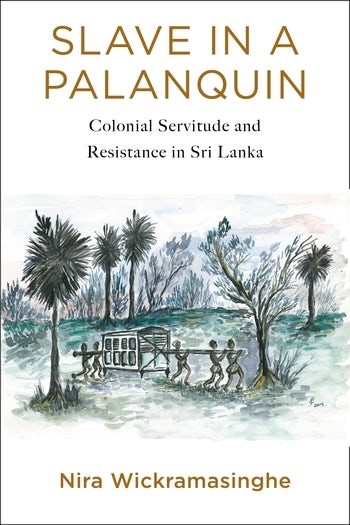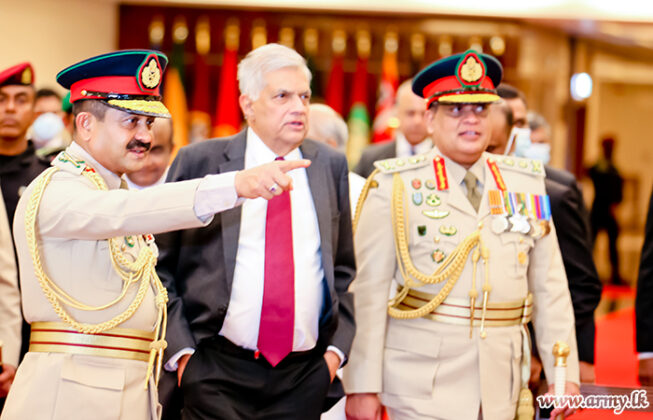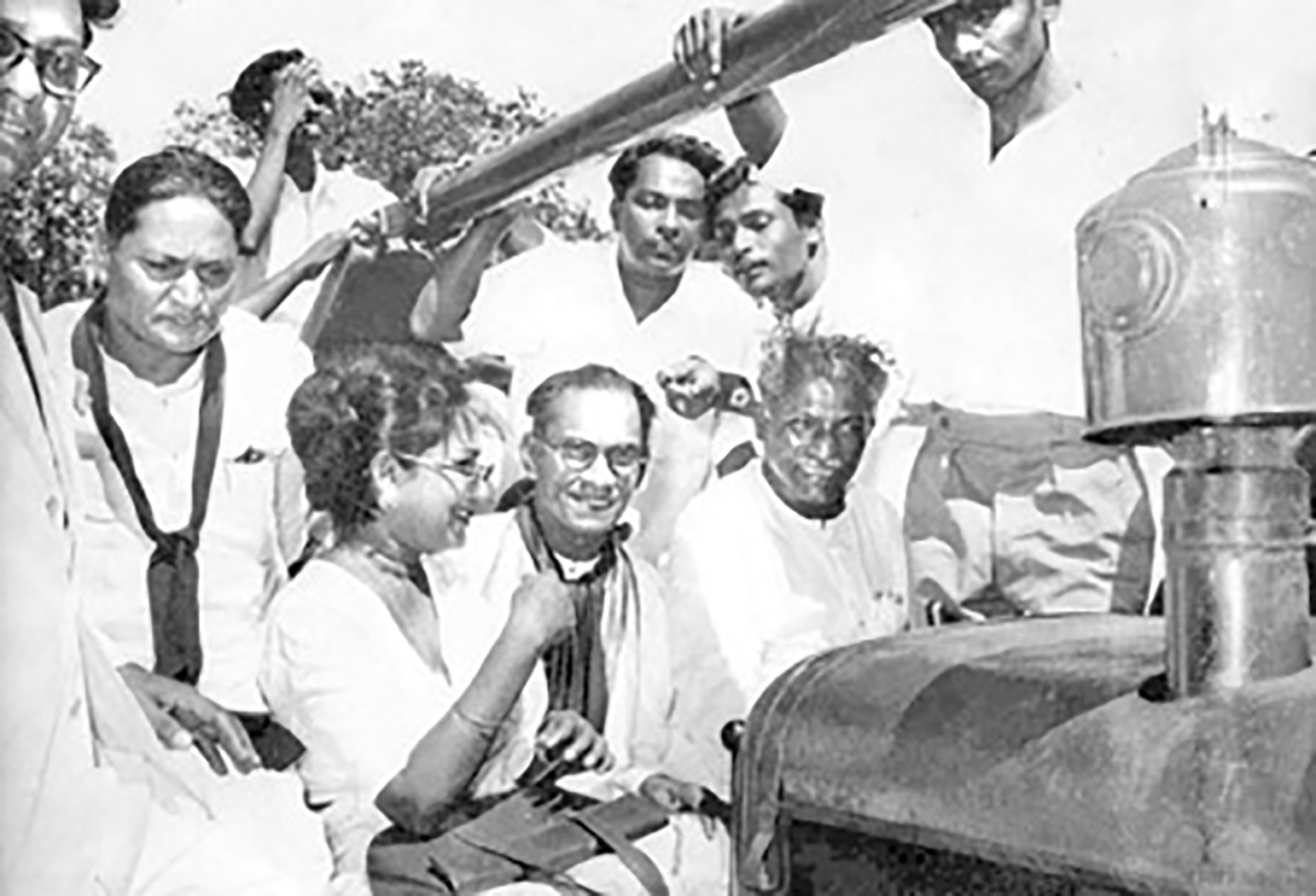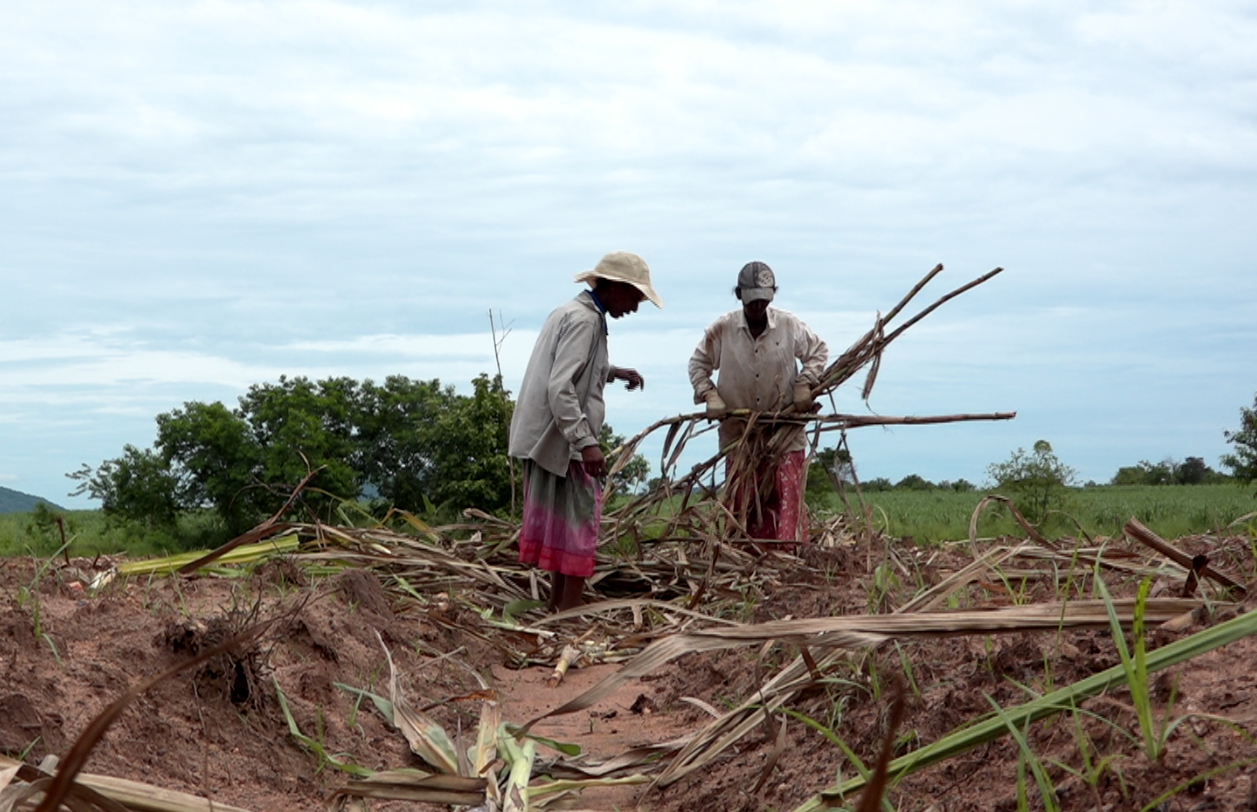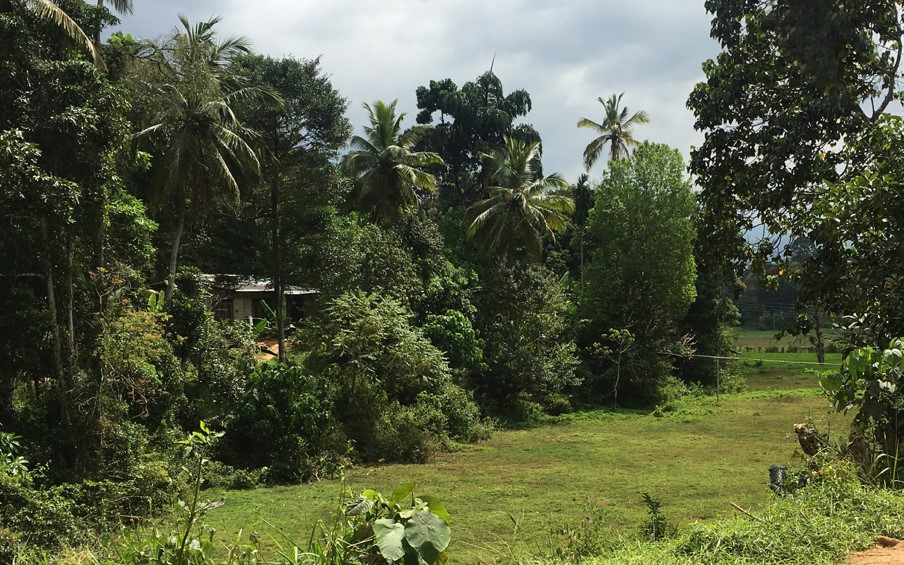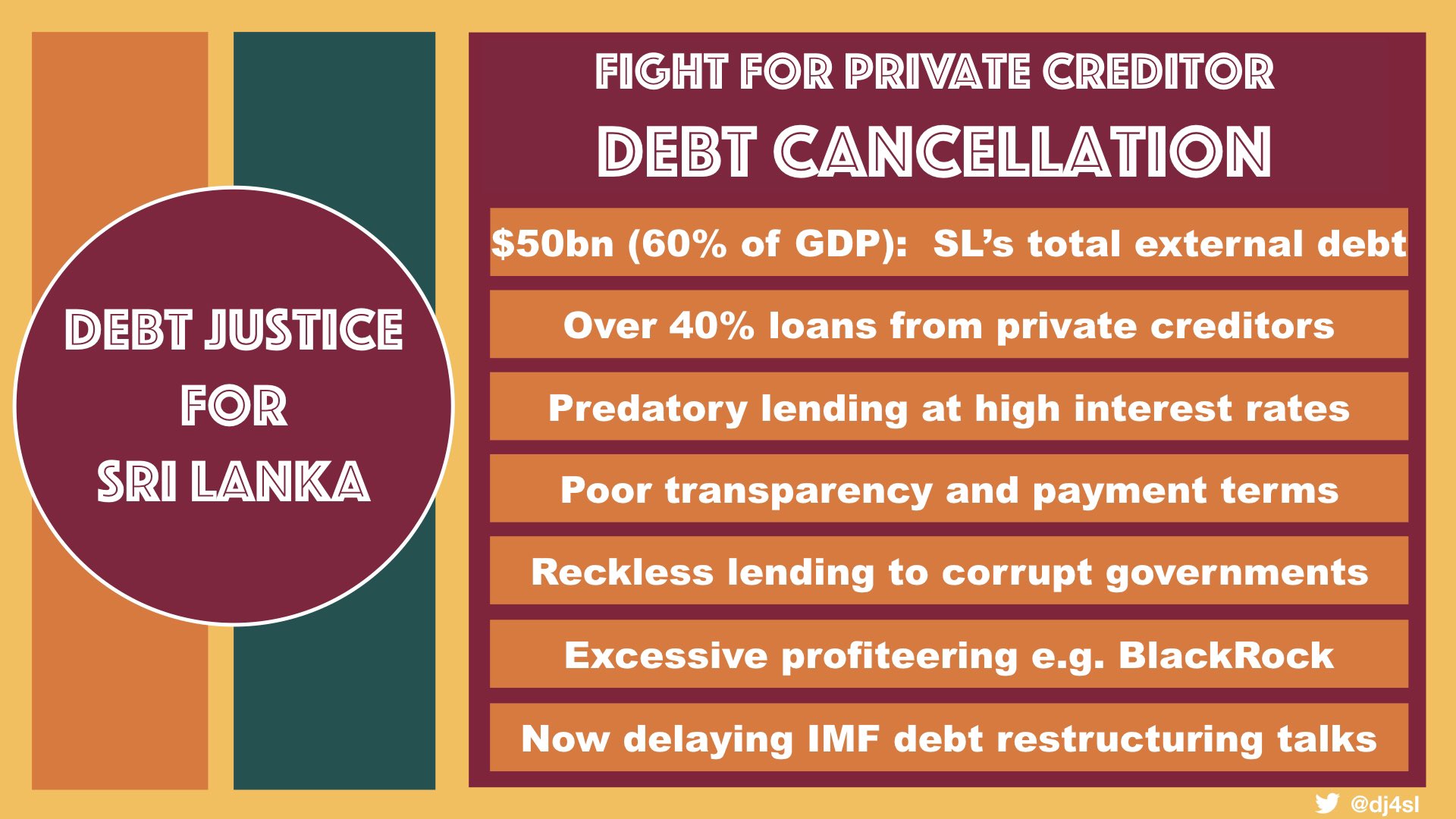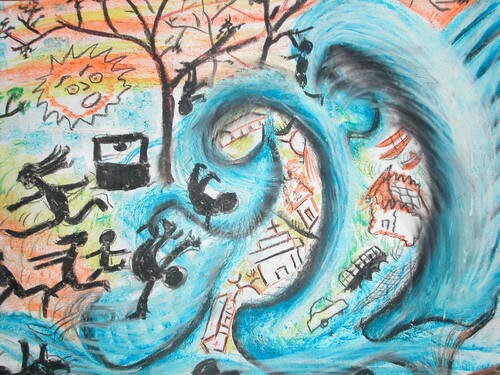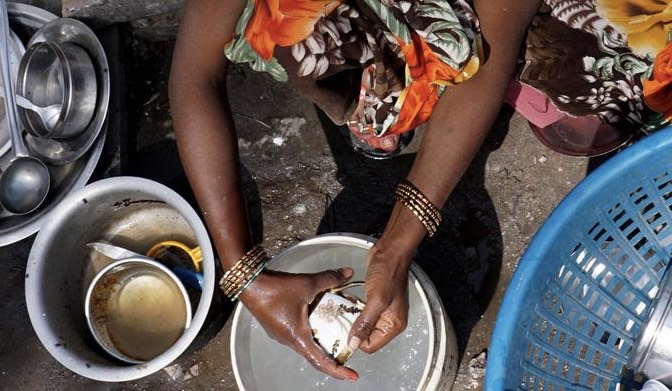“I understood I was to be carried to the country [to] which the ship was going, which was inhabited by giants and cannibals,” Louis Badgamege explained in 1813 (86). The nine-year-old boy did not speak his abductors’ language, but he knew that the “particular dress” they made him wear indicated he had been enslaved, along… Continue reading Slave in a Palanquin: Colonial Servitude and Resistance in Sri Lanka. Nira Wickramasinghe. New York: Columbia University Press, 2020 – Reviewed by Paul D. Halliday
Author: ssalanka
Nirmani Liyanage (2.2.1988-12.11.2022) – Nihal Perera
“To understand the community I am researching, i.e., the injustice and inequality its members are facing on a daily basis, I have to live among them, gain their trust and, through that trust, find ways to address the complex systematic forces and barriers that hold them down.” Nirmani Liyanage was an immensely talented and intellectually… Continue reading Nirmani Liyanage (2.2.1988-12.11.2022) – Nihal Perera
Terror as Stability – B. Skanthakumar
“… stability, no less than revolution, may have its own kind of Terror”[i] Ranil Wickremesinghe has apparently peaked in popularity in the twilight of a dismal political career. Among party leaders, he is viewed favourably by 54% of the public (in comparison to 43% for the Leader of the Opposition Sajith Premadasa, and 45% for… Continue reading Terror as Stability – B. Skanthakumar
Resisting the Liberal Left’s Framing of the Economic Alternative – Shiran Illanperuma
SWRD Bandaranaike, Philip Gunawardena, DA Rajapaksa and others, at launch of Chandrika Wewa in 1958 In a recent intervention for Polity, Devaka Gunawardena argues that Sri Lanka’s Old Left failed to theorise the “agrarian question” and had a “narrow focus on industrialisation”, leading to their “junior participation” in the 1970 United Front Government and the… Continue reading Resisting the Liberal Left’s Framing of the Economic Alternative – Shiran Illanperuma
Structural Adjustment of Women’s Labour in Agriculture in Sri Lanka – Buddhima Padmasiri
Women’s empowerment through employment is not a new focus for international financial institutions and development agencies. It was also among the objectives of the ‘structural adjustment’ programmes introduced by the International Monetary Fund (IMF) and World Bank (WB) in the Global South during the 1970s (Campbell 2010). As many scholars point out, these initiatives had… Continue reading Structural Adjustment of Women’s Labour in Agriculture in Sri Lanka – Buddhima Padmasiri
Meaning and Critique in Women’s Narratives of Care and Work – Nadia Augustyniak
Arguments about the economic benefits of women’s labour participation go hand in hand with assumptions about the personal value of women’s work, often framed in terms of empowerment and choice. Yet this notion of choice and empowerment elides not only the deeply unequal and often exploitative circumstances of women’s waged labour (Jegathesan 2022; Kodikara 2022),… Continue reading Meaning and Critique in Women’s Narratives of Care and Work – Nadia Augustyniak
Statement by academics on dealing with Sri Lankan debt, January 2023
Sri Lanka, along with many other low- and middle-income countries, has experienced a series of financial shocks due to both external and internal factors. Global forces have caused food and energy import costs to soar and interest rates to rise, even as the currency has devalued significantly. These shocks, along with a history of policy… Continue reading Statement by academics on dealing with Sri Lankan debt, January 2023
Resisting the Nationalist Right’s Framing of the Economic Alternative – Devaka Gunawardena
Given the design of the Budget for 2023, it is unlikely that Sri Lanka’s working people will see relief anytime soon. The current Wickremesinghe-Rajapaksa Government has dismissed, for example, the notion of a food subsidy outright. Instead, it remains committed to the vacuous rhetoric of creating an “entrepreneurial” culture. Considering the scale of the economic… Continue reading Resisting the Nationalist Right’s Framing of the Economic Alternative – Devaka Gunawardena
“The Disaster (Before and) After the Disaster”: Writing the 2004 Indian Ocean Tsunami – Gnei Soraya Zarook
The Indian Ocean tsunami that was triggered on December 26, 2004[i], killed approximately 35,000 people in Sri Lanka, rendered 800,000 people homeless, destroyed 78,000 homes, and decimated 70 percent of the coastline (de Mel 2008: 240; Ratnasooriya et al. 2007: 22; Caron 2009: 178). The tsunami became a flashpoint through which Sri Lanka came into… Continue reading “The Disaster (Before and) After the Disaster”: Writing the 2004 Indian Ocean Tsunami – Gnei Soraya Zarook
Unpaid Care Work is Work – Sepali Kottegoda
Caring for household members. Well-being of the family. Putting food on the table. Washing clothes. Making ends meet. Looking after the young, the old, and differently abled family members. These are everyday activities performed by someone or some people for someone or some people. The questions to ask (but more often not asked) are, by… Continue reading Unpaid Care Work is Work – Sepali Kottegoda

